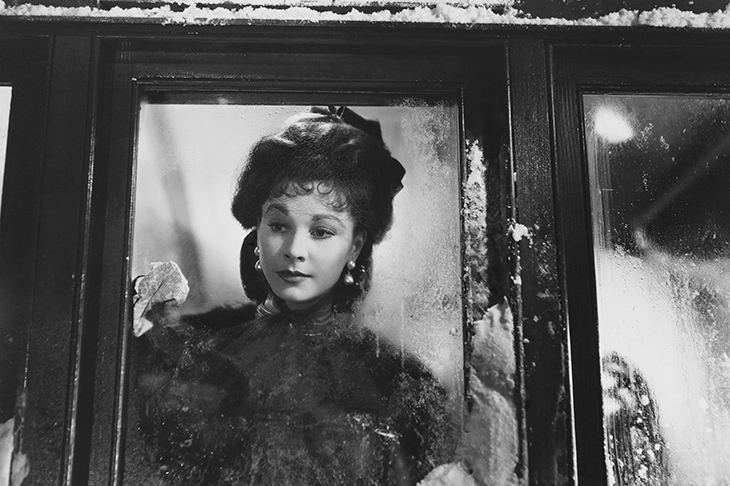Any memoir is a form of double-entry book-keeping, in which what has been lost is reckoned against what has been gained. It’s always easier to fill in the ‘lost’ column, since boasting is discouraged; sadness gets more attention, too, as it’s generally supposed to be more interesting than contentment.
Sophie Ratcliffe includes an actual list of her losses in this wonderful and highly individual book. The items include an Australian opal her uncle gave her, a purse snatched from her at St Petersburg railway station, her father, and the exact memory of a lover’s face. ‘Not that your face was much to write home about,’ she adds. ‘Not that I could write home about it in any case. Happily married women don’t write home about other men’s faces.’ No. Perhaps what they might do instead is write a book, recording that face in plain sight.
I began The Lost Properties of Love on the 7.48 train from Pershore to London and finished it on the 13.02 from Paddington to Totnes. There could be no more suitable way to read it because this is, among other things, a meditation on train travel, both real and imagined. Indeed, Paddington features here, as the scene of the ending of an impossible affair. Many of the chapters take their titles from railway stations. While herself rattling along the tracks from the north back to her home in Oxford, England unspooling through the windows, Ratcliffe considers love affairs, marriage, books and endings. As she says: ‘A train journey is inherently nostalgic.’
She has two fellow travellers, one fictional, one historical: Anna Karenina and a 19th-century American journalist called Kate Field. I haven’t so relished an account of reading Tolstoy since Elif Batuman’s The Possessed: Adventures with Russian Books, in 2010. Ratcliffe is brilliant on Tolstoy’s tragic heroine, noticing all sorts of tiny details, such as the contents of her little red bag (among them a paper-knife, opium and some sort of contraceptive, most likely the newly invented Dutch cap).
Anna’s is of course a cautionary tale about a married woman having an affair. Kate Field, on the other hand, refused to marry. She was a friend of Trollope’s, and Ratcliffe proposes that she was more than a friend — a tender attachment and the model for many of his heroines, some of them named after her. She even ventures to suggest a kind of meeting of the two women who preoccupy her. Visiting Tolstoy’s house, she sees shelves of Trollope’s novels: the great Russian was known to be a fan. Anna Karenina, sitting on her train in Russia, is said to be reading an English novel. It is Ratcliffe’s belief that this imagined fiction conflates two or more of Trollope’s plots. It may, therefore, contain traces of real-life Kate.
So this is in part a book about books and the consolation they offer. ‘You don’t need to be a writer or an actor or a lover to dream a second life, an unlived life,’ she says. ‘You don’t need to have an affair. Every reader does it.’
Elsewhere it seems as if it is a sort of letter to the once-lover, the one with the face not to write home about. Like Trollope with Kate Field, Ratcliffe’s lover was much older, and married. Now she has heard that he is dying. She is unlikely ever to see him again. This is another loss. But the biggest, saddest loss here is that of Ratcliffe’s father, who died when she was a young teenager. He was in his mid-forties and had already been ill for a decade. She personifies the loss of him as a shrill, ugly thing with webbed feet, which emerges at parties to declare itself when she’s had too much to drink. Grief, she says, ‘feels as if someone is scraping a grapefruit spoon on the inside of your stomach’. We never learn how her mother fared, widowed so early.
A hybrid book of this kind depends for its success upon two things: the intelligence of the writer, and whether or not we like them. Ratcliffe is clearly super-bright. The pages crackle with her cleverness and she has a genius for concision. And, yes, she is extremely likeable. She’s witty and original, but also human: she gets bored making fish fingers for her small children and longs to escape motherhood to find time to write. She thinks about her former lover more than she probably should. Above all, she has all sorts of ideas about things. She sees surprising connections and makes interesting links. She would be the perfect person to find yourself sitting next to on a train. With this book, you almost can.






Comments